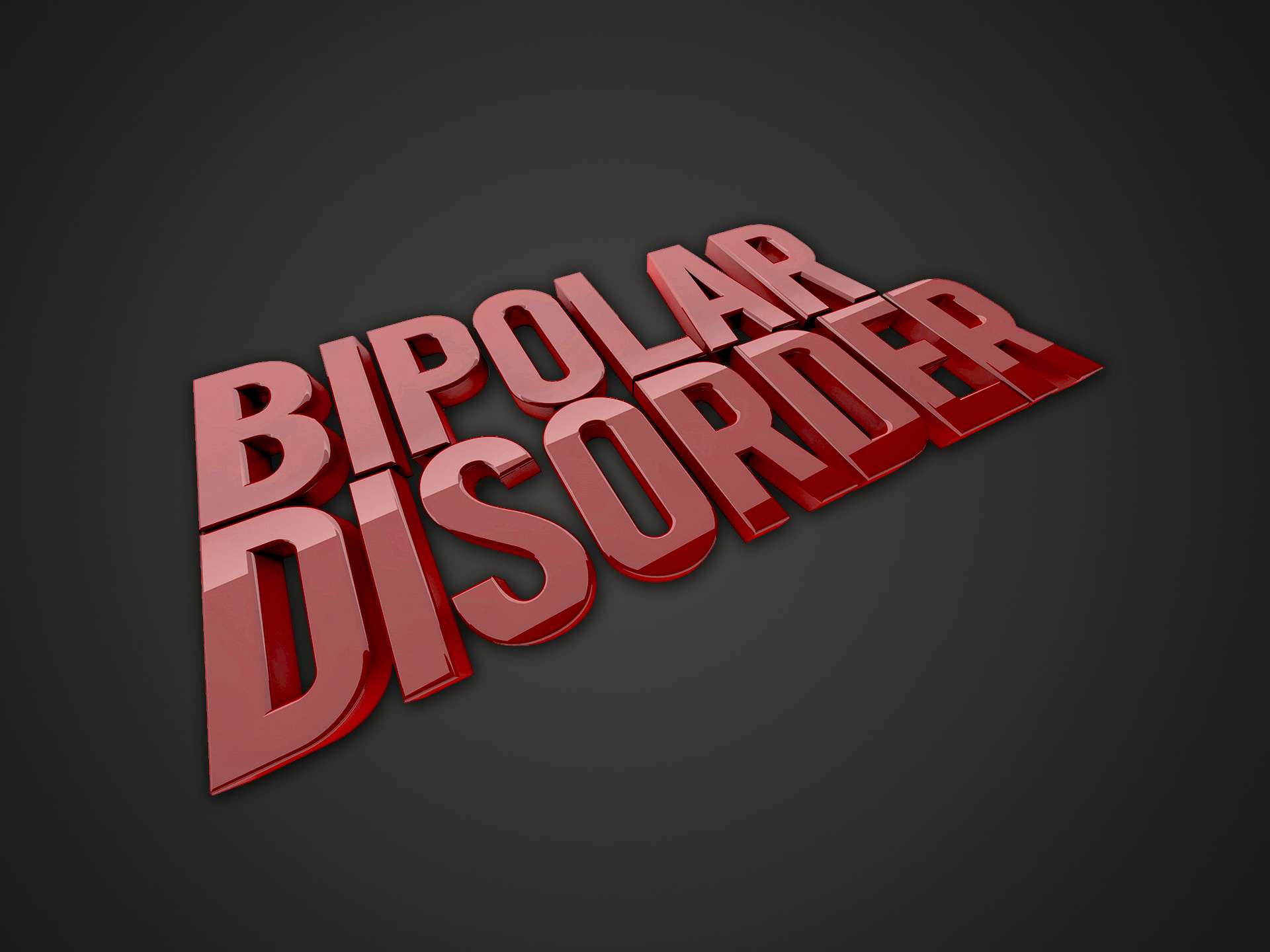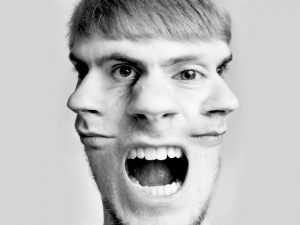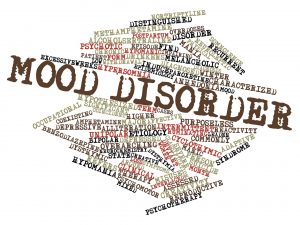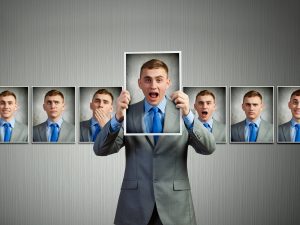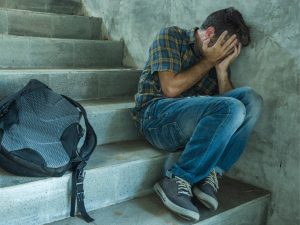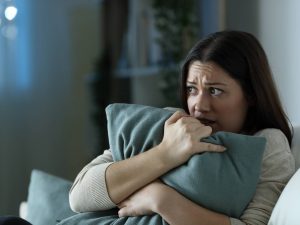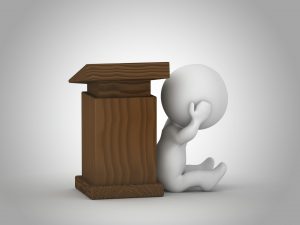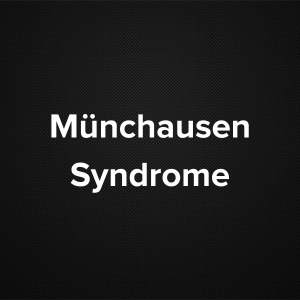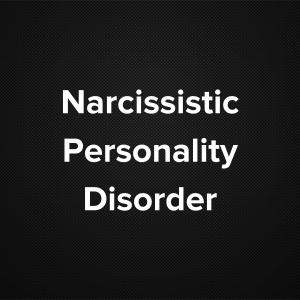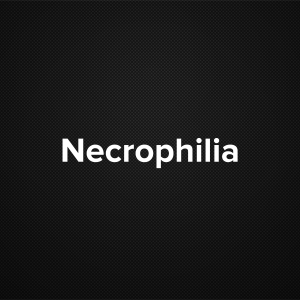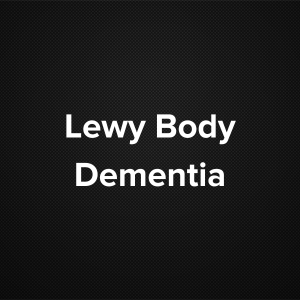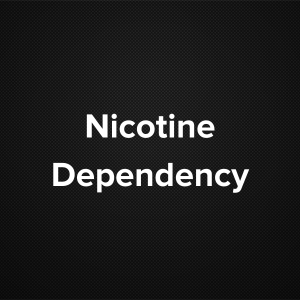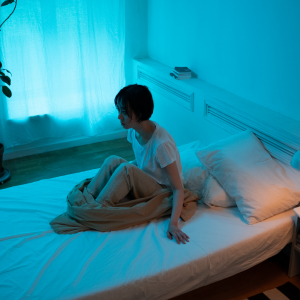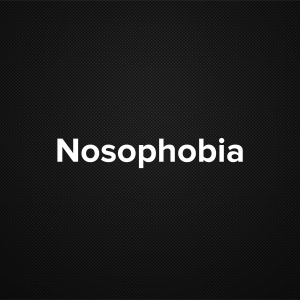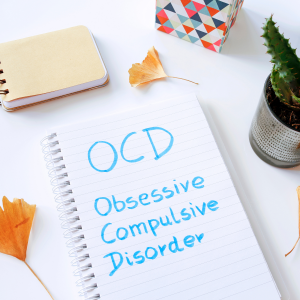Bipolar disorder is a mental illness. People suffering from this disorder suffer from swinging moods and emotions. At one time, they experience elevated happy moods or extremely violent angry moods and at the next time, they experience severe depression. These extreme moods keep alternating regularly.
Mania, is the defining feature in this disorder. It occurs with varying degrees of severity. In the mania stage, the person is extremely restless and agitated; there is a decreased need for sleep and too much of fast, incoherent speaking. In severe cases, hallucinations may also occur.
Once this phase of mania is over, there is a lull. The person may then go into severe depression. He/she may become cranky, cry for small reasons, refuse to eat or drink anything, refuse to socialize and prefer staying locked up in his/her room.
Bipolar disorder is unfortunately, poorly understood in terms of its causes. Researchers do agree one point though: If bipolar disorder is experienced early on in life, the chances of it developing into a full blown disease later, are very high. This disease, if it exhibits itself above the age of 50, is not that severe in intensity, as opposed to an early onset.
Chemical imbalances in the brain can be a cause for developing bipolar disorder. For example, very high levels of norepinephrine may cause mania and very low levels may cause depression.
Stressful conditions like physical, sexual or emotional abuse and the death of a loved one, may also cause bipolar disorder. Genetics too play a role in the development of this disorder.
In old people, maniacal episodes tend to be more of confusion, slurred speech or incoherent speech, distractibility and irritability versus the maniacal hyperactivity that is in young sufferers. As a result, it is often misdiagnosed as a case of Dementia.
Old age mania and bipolar disorder, is often linked with medical disorders like strokes, hyperthyroidism and psychosis. Medications like antidepressants, steroids, estrogen, etc., which are known to have CNS altering properties, raise the risk of an elderly person developing mania.
Environmental factors like lack of sleep, stress, anxiety, death of a loved one, also lead to the maniacal behavior.
Most cases of mania in old age are treatable. They respond well to medications.
Other than medicines though, what the oldies really need, is the understanding and support of their family. One needs to be sensitive to these factors, before casually waving off an elderly person’s behavior to just ‘old age’.
